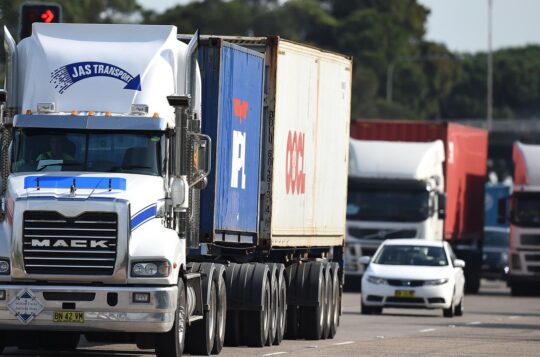
Big trucks and buses drive a heavy healthcare burden
Premature deaths and childhood asthma are among the health risks of allowing high-polluting heavy vehicles to travel on populated routes.

Premature deaths and childhood asthma are among the health risks of allowing high-polluting heavy vehicles to travel on populated routes.
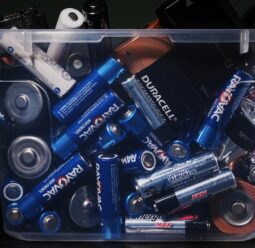
Millions of households are risking fires by getting rid of batteries in dangerous ways and the popularity of lithium batteries is raising the stakes.
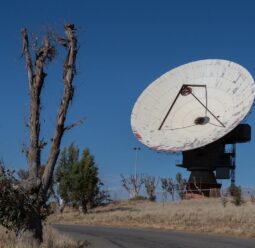
From stress-testing crops to simulating disease outbreaks, researchers plan to create a virtual copy of Australia's agricultural landscape to test scenarios.
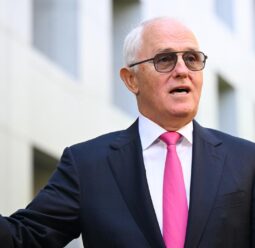
Hydropower projects should receive more support and faster approvals if Australia is to meet its renewable energy targets, a group has warned.
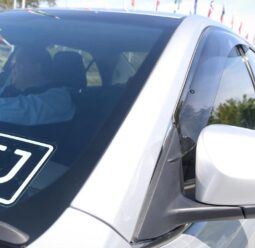
Transport subsidy schemes around Australia need urgent reform to give people with disabilities greater choice and lower costs, a report has found.

Tasked with identifying common medical conditions and recommending treatment, artificial intelligence can deliver deadly advice.

A study of deaths in custody has highlighted a disturbing disparity involving the use of a potentially lethal restraint on Indigenous Australians.
Pregnant women expecting twins are being encouraged to get the flu and whooping cough vaccines as they do not increase the risk of birth complications.
The lives of two pioneering female botanical artists have been highlighted in new research that shows how art helped breakdown gendered barriers in science.
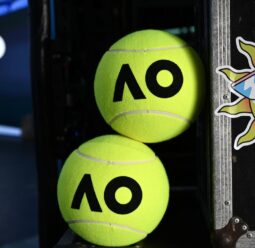
Tennis-talking robots, virtual reality matches and an innovation to let visually impaired fans follow the action are being tested at the Australian Open.
Australian scientists have developed a diagnostic device that uses a patient's blood to analyse how deadly brain tumours are responding to medical treatment.
Olympic legend Cathy Freeman is one of 10 people to receive the top honour at the annual Order of Australia awards.
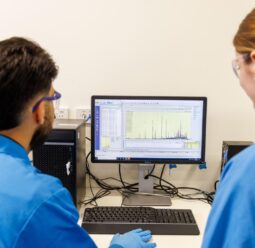
Artificial intelligence could be good for scientists but bad for science as a whole, a study has found, as it narrows the scope of research.
A native plant species has been rediscovered decades after it was presumed extinct, highlighting the power of citizen science data in research and conservation.
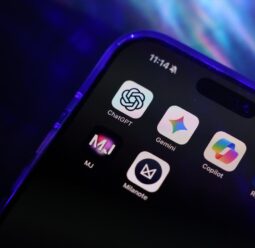
Most workers in fields such as finance, technology and law are using artificial intelligence at home but want changes to make it safer to use on the job.

Artificial intelligence is expected to transform employment even more in 2026, both in specialised roles and as an added skill in others.
Venom from a spider found on K'gari, formerly known as Fraser Island, has been used to develop a drug that prevents damage during heart attacks and strokes.
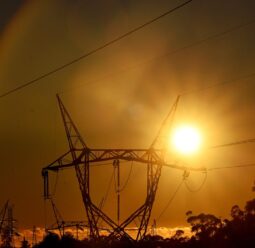
Wind and solar systems are projected to be the cheapest energy-generating technology in 2050 while small nuclear reactors will cost the most.
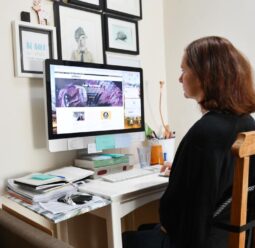
Spending hours on public transport or driving to work is falling out of favour as more employees seek local and hybrid working options.
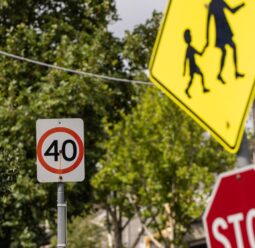
They may be quieter and heavier than petrol cars but electric vehicles are not more likely to crash into a pedestrian or to cause serious injury.
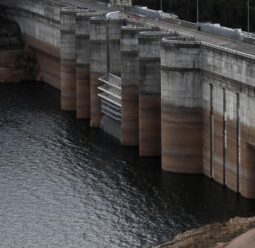
Data centres supporting artificial intelligence technology could use as much as 20 per cent of the water supply in some cities unless policies change.

Almost half of Victorian renters are being forced to use digital platforms to apply for and maintain their accommodation despite privacy concerns.

More than half of young Australians are willing to hand over their Christmas shopping to an artificial intelligence tool, but others have concerns.
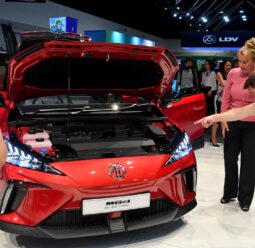
Battery-powered cars have been found using more energy than promised in independent tests, just like their petrol and diesel peers.
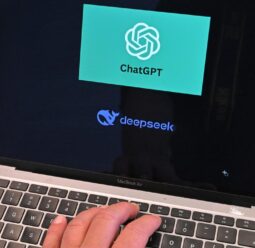
Companies should scrutinise the artificial intelligence technology they deploy, researchers have warned, after vulnerabilities were found in a Chinese tool.
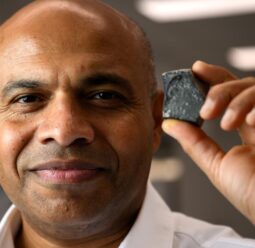
An Australian company plans to turn hydrogen into a solid material that is cheaper to produce and could rescue green industries.

An institute will advise the government on how to shut down risks from artificial intelligence and ensure companies follow the rules.

Advocates are renewing calls for Australia to adopt a nationally-agreed definition of child poverty, as concerning data shows almost one million are struggling.
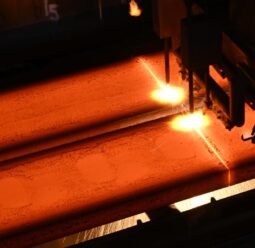
Australia should take advantage of its natural resources to lead the world in the green metals race, a report has found, with one facility an obvious choice.
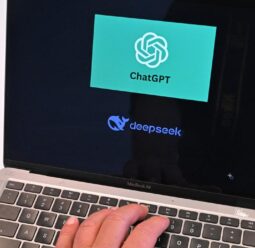
More Australian businesses are investing in artificial intelligence technology but many are still waiting for clear rules about its use.
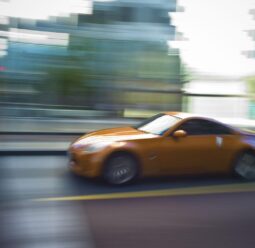
More buyers of new vehicles are opting to save money on petrol with electric cars and hybrid models proving popular in the latest auto industry snapshot.